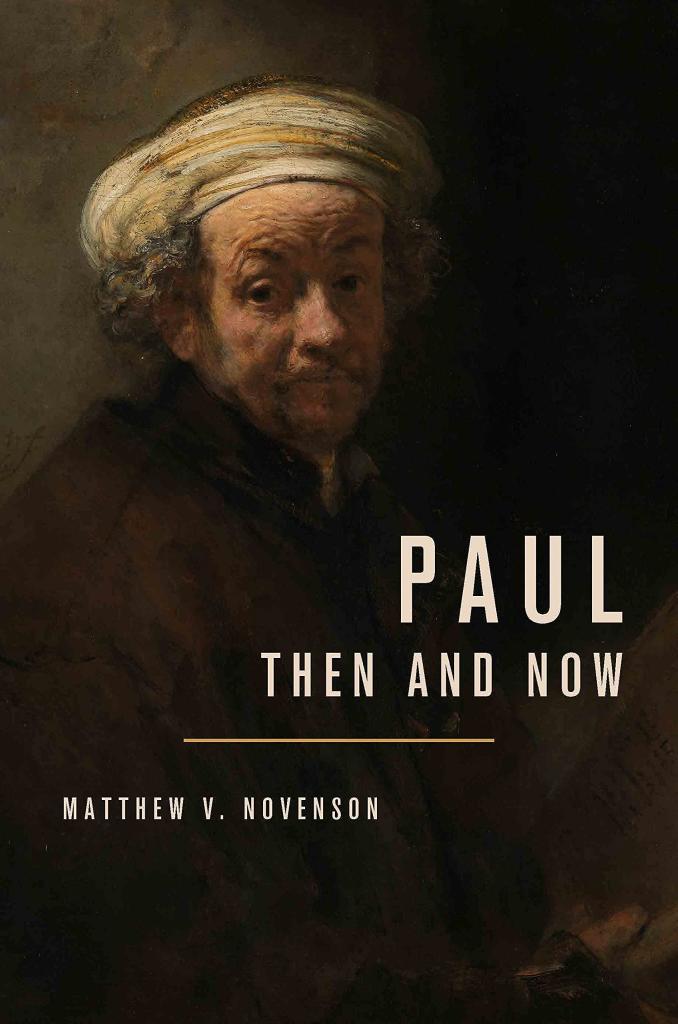Q. I found your chapter on God is Witness absolutely right on target. Paul is suggesting God himself bears witness to Paul’s Gospel work. Paul is not merely invoking God in an oath fashion in regard to his not lying. And understanding how that rhetoric works is nicely unpacked in that chapter. I have a doctoral student who is planning to write her thesis on oaths and witness in Paul. I’ll let you know how it goes.
A. Oh, that’s interesting. I will be keen to read her PhD thesis in due course.
Q. Let’s talk about Paul’s being flogged the 39 lashes in the synagogue. I would agree that this signals that Paul wants’ to keep coming to the synagogue even though he’s being beaten for his aberrant or even heretical views. So far so good. What I don’t think this means is that Paul is Torah true and is trying to stay within the bounds of Judaism as a matter of principle. He’s trying to be the Jew to the Jew, and is willing to be observant for the sake of the witness of the Gospel to Jews, even if it results in beatings. How would you react to this?
A. Here again, I think I am stumbling over your phrase “Torah-true.” Paul says that he upholds the Torah (as he interprets it, of course), and I take him at his word. He thus continues to participate in Jewish assemblies (“synagogues”) wherever he goes, as he himself says, and as Luke also says about him. In some of those assemblies, he finds himself on the receiving end of formal discipline (for what offense, exactly, he does not say). I have long thought, following Martin Goodman, that this happened in the diaspora, though Markus Öhler has recently made me reconsider whether it happened in Judea. I wouldn’t say that Paul is “trying to stay within the bounds of Judaism as a matter of principle,” as you put it, but rather that it never occurs to him to do otherwise. He participates in Jewish assemblies as a matter of course; it would be much more remarkable if he did not. It is only Christian hindsight that makes this appear to us as a puzzle.













